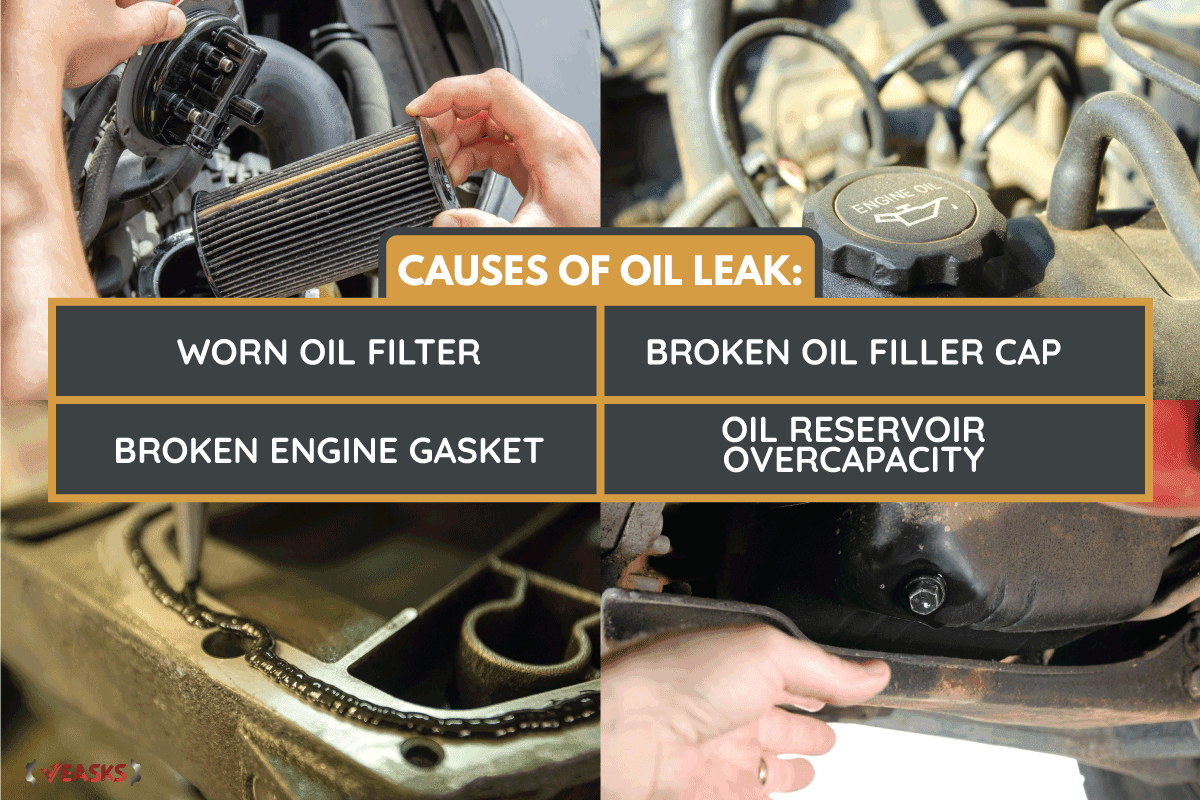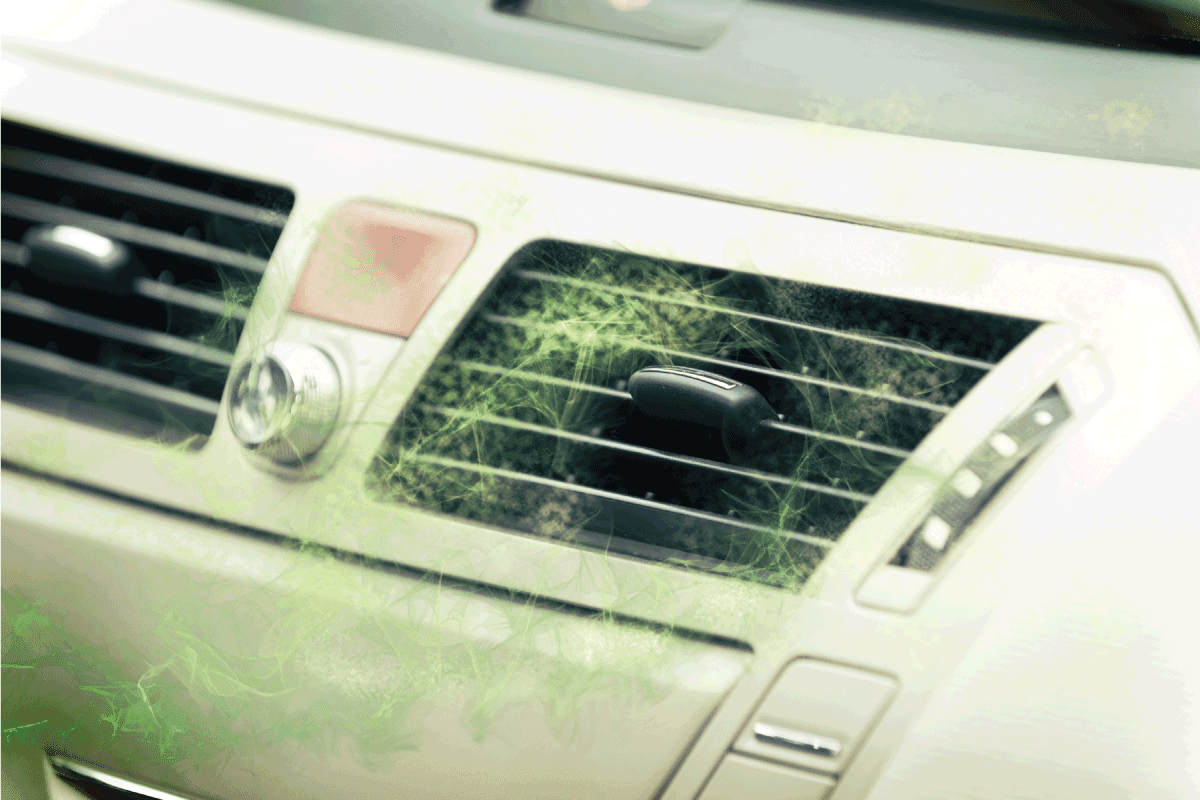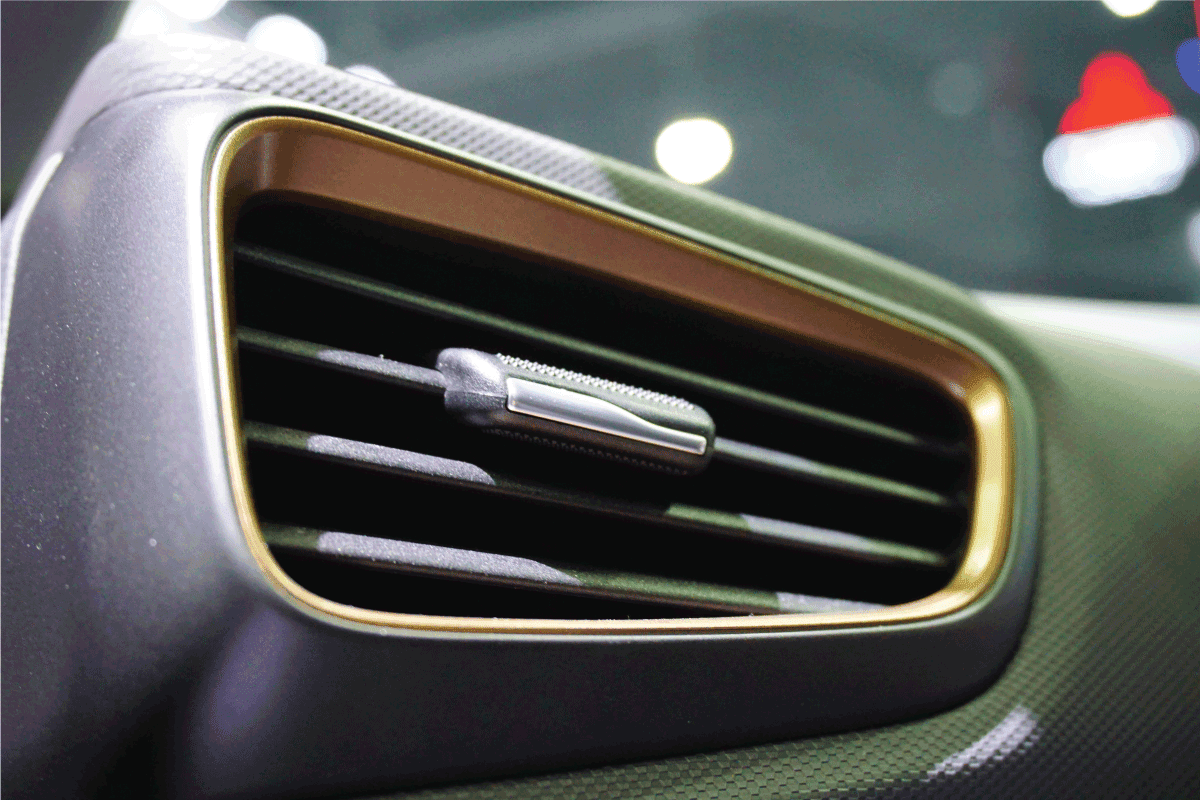Smelling propane from your Ford F-150 can be a sign of danger. Now, you’re wondering why this stench appeared. Also, what can you do to remove it? We researched this concern for your convenience and here’s what we found.
A propane-like scent may emanate from a vehicle, particularly a Ford F-150 because it encountered an issue. Some possible causes of this smell include an oil leak, a faulty towing system, and a dirty differential. So stop driving the pickup truck and troubleshoot it to find the smell's source. Then, use the right solutions based on your findings to experience long-term results.
So continue reading as we talk about the possible causes of a Ford F-150 smelling like propane in greater detail. We'll also discuss some potential solutions based on specific sources of this foul smell.
What Could Cause A Ford F-150 To Smell Like Propane?
Take note that a propane-like smell coming from your Ford F-150 can be quite serious. If left unchecked, it can also become a fire hazard. So keep reading this section to know some possible origins of this stench.

Oil Leak
An oil leak may usually come with a propane-like smell. But this foul scent may also go together with a burning stench.

This leakage might occur because of different reasons, including:
- Worn oil filter
- Broken engine gasket
- Broken oil filler cap
- The oil reservoir is at overcapacity
Aside from the propane smell, your Ford F-150 may also experience other problems because of the oil leak. These possible issues are:
- Visible dark puddles underneath the vehicle
- Persistent low oil warning light
- Oil has a different color
Faulty Towing System
Some Ford F-150 models, like the 2021 unit, have a feature called the Tow/Haul Mode. Once activated, the pickup truck changes the way the vehicle performs to provide a safe drive while you’re pulling a heavy load.
But the parts associated with this towing system can become worn with use, which might become the origin of the propane-like smell. If so, it’s best to send the pickup truck back to its manufacturer as the fixing process may require extensive skill and commercial automotive repair equipment to complete.
Watch the video below if you want to gain additional insight on how Ford’s Tow/Haul Mode works:
Dirty Differential
A vehicle’s differential functions to turn the drive wheels. Its turning speed also adapts to the vehicle’s speed, promoting efficient performance throughout the machine.
But dirt and debris may enter the differential. If so, these substances may burn and become gunk in the assembly because of the friction caused by the different moving parts. This event may result in the propane stench.
If left unchecked, the dirt differential may also become the precursor to other problems for your F-150, such as:
- Intense vibrations at fast speeds
- Differential failure caused by unnecessary gear grinding
- Whining or whirring noises

How To Remove Propane Smell From Ford F-150?
First, park your Ford F-150 at a safe location and avoid driving it until you can find and fix the source of the propane smell. Also, don’t forget to follow safety guidelines like:
- Don’t attempt to tinker with the pickup truck if you don’t have the confidence or skill to troubleshoot and repair it.
- Contact a skilled and trustworthy technician if you need assistance in finding and fixing the source of the propane stench.
- Always work with clean tools that are also in good working condition.
- Use a flashlight whenever necessary and avoid working with your vehicle in the dark.
- A first aid kit should always be nearby in case of accidents or injuries at the job site.
After taking note of these particulars, keep reading this section to know the possible solutions to eliminate the propane stench from your Ford F-150. Keep in mind that you should only follow the appropriate techniques based on the results of your troubleshooting.
Replace The Vacuum Pump
The vacuum pump is responsible for sucking the air out of different mechanical systems in your F-150. If this assembly works as intended, it allows other components in the pickup truck to move and function as intended.
However, the vacuum pump also relies on the proper distribution of oil for it to work efficiently. If the vacuum pump is faulty, it might also become the source of the oil leak and the propane smell.
So the first step is to purchase the correct vacuum pump for your specific Ford F-150 model. Once you have the assembly, continue this process by following these steps:
What You’ll Need
- Socket wrench
- Ratchet wrench
- Brake parts cleaner
- Pick tool
- Cloth or rag
- Vacuum pump assembly
Step-by-Step Guide
- Turn off the Ford F-150 and allow the engine to cool for a few minutes.
- Open the hood and locate the vacuum pump assembly.
- Remove the oil cap and the engine cover.
- Slide the white insert away from the hose assembly. Remove the hose assembly afterward.
- Remove the three bolts that secure the vacuum pump.
- Pull out the worn vacuum pump from the cylinder head.
- Spray the brake parts cleaner on the cloth or rag. Then, use the cloth or rag to degrease the new cylinder head.
- Install the new vacuum pump to its mount while paying attention to the correct orientation.
- Secure the new pump unit with the three bolts you removed earlier.
- Connect the hose assembly.
- Close the hood and take your Ford F-150 for a test drive to check if the propane smell persists.
Check out this replacement vacuum pump assembly on Amazon.
You can also watch the video below if you need a visual guide for this procedure:
Turn Off Tow/Haul Mode
Check your vehicle’s owner’s manual to verify the exact steps to disable your F-150 model’s Tow/Haul Mode. Still, the following steps will show you the process to turn off this mode on a 2016 F-150 to give you an idea of how to do this procedure:
Step-by-Step Guide
- Press the button on the gear shifter to change drive trains.
- Continue to press that button to disengage the Tow/Haul Mode and engage another drive train you prefer.
Keep in mind that this procedure may only be a temporary solution to the propane smell. It also restricts you from using this mode on your F-150. So it’s still ideal to send the vehicle to the manufacturer for you to take advantage of their technical automotive expertise.
Also, the following video will show you a visual representation of the steps mentioned above:
Is It Safe To Drive A Car That Smells Like Gas?
Generally, it’s not ideal to keep driving if you smell gas or propane in your vehicle. Long-term exposure to the fumes may result in health issues for the people in the cabin.

Final Words
Remember, stop driving your Ford F-150 the moment your nose catches a propane-like smell coming from the vehicle. Park the truck in a safe spot and diagnose the cause of the issue. Don’t forget that you can rely on professional automotive help if you believe that you don’t have the confidence or skill to complete this task without committing a mistake.
You can also check out these other great posts if you’re looking for answers to other truck-related issues:




